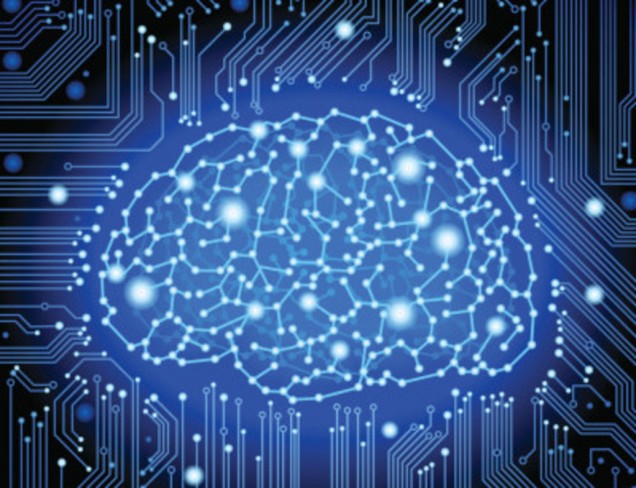Emotion Learning Computers: The Path to Artificial Intelligence
Reading and responding to emotions often tends to be a very humanistic thing to do. To be able to understand how one is thinking and how one will respond appropriately, typically is what many would regard as making people human. Recently however, researchers have found that computers may be able to read a person’s body language to see whether they are bored or interested in what is happening on the screen. Dr. Harry Wichel, Discipline Leader in Physiology at Brighton and Sussex Medical School, has shown in his new study that by measuring a person’s movement through a computer, a person’s interest can be judged by following tiny movements; while someone is fully engaged in what they are doing – small involuntary movements decrease, and vice versa. It is said that with this technology, future applications such as online tutoring could be better used as they can be adjusted based on the person’s interest.
This progression in technology is a giant leap for the prospect of artificial intelligence. Having computers respond to emotions and interests of an individual and act accordingly makes it so that humans do not have to control the computer, but rather the computer has control over itself. Examples of artificial intelligence, or at least the very beginnings of it, have already been made – such as with automatic car controls, or flying drones. This is a new leap for artificial intelligence and the question now becomes whether we are able to continue on this path without any consequences. What will artificial intelligence be like in a few decades? How will we prepare for that day? Only time will be able to tell, but we are progressing fast.
~Albert Wang
Sources:
Examples of Artificial Intelligence
Computers Can Tell If You’re Bored
Image Source:

June 3, 2016
good sources for the article. I think the interest of a person can be read with retina dilapidation and movement of eyes. this is one of the principle used in smart stay by samsung(other mobile companies use that or not – I am not that sure). basically screen remains on till you are looking on it. the same principle an be used in computers to know his/her interest in topics.
June 28, 2016
intelligence is really interesting issue. so many people have worked on this, and there are still some new reports, it is really very interesting.
August 9, 2016
It really is a groundbreaking achievement in the field of artificial intelligence. Apart from automated cars and drones this new prospect of computers studying human body language will bring in a new age of AI advancement. But the deeper effects of this technology on society is still unknown.
September 21, 2016
For many of us seem somewhat complicated to understand how an artificial brain works. But we must say that , for the moment, is something much simpler regarding the functioning of the human brain and what we are trying to create an artificial brain image and likeness of ours. Critics say that man can not and should risk playing God regarding the creation of intelligent machines . But ofcourse it is a big step for mankind.
October 15, 2016
A.I. is a very interesting topic and the very next science goal in the next coming years. I’m curious about how scientists will manage the ethics faces of the matter.
October 17, 2016
Artificial intelligence is still need to learn many things.